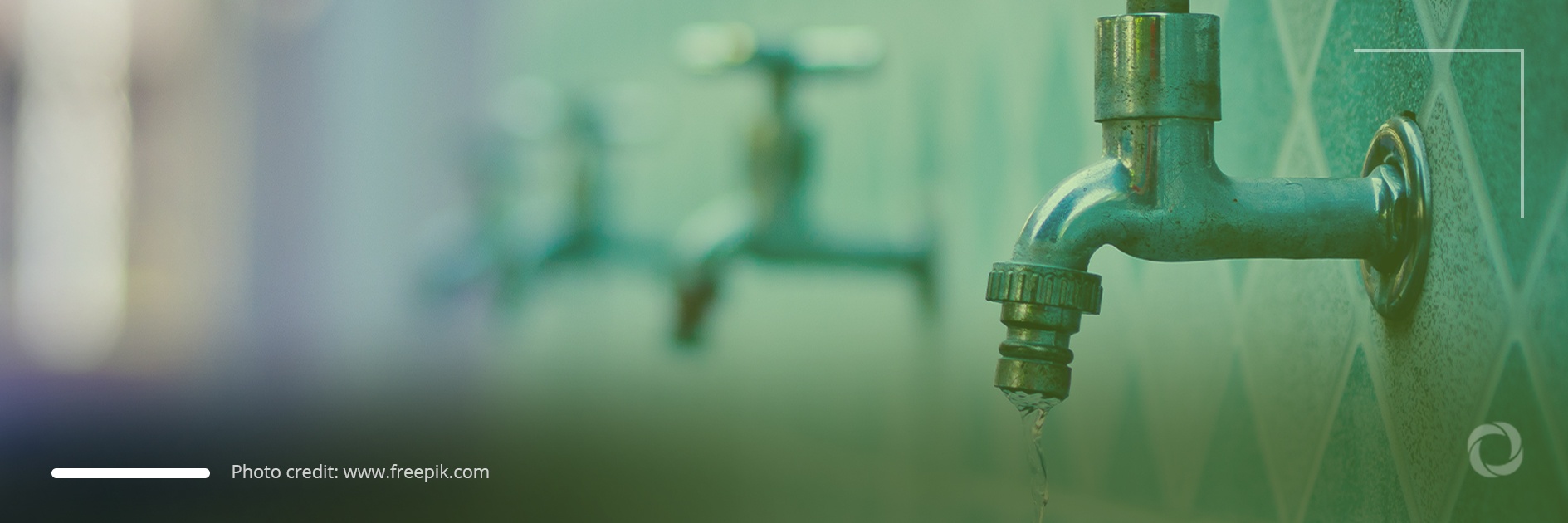Water is a fundamental element necessary to sustain life. In general, governments are responsible for the provision of safe and affordable water services to all. Nonetheless, recently some municipalities have allowed the privatization and outsourcing of water-related operations to the private sector. This article defines water privatization, discusses the rationale behind this approach, and provides some facts and statistics associated with it.
What is water privatization?
Privatization is the instrument that allows the transfer of the management or ownership of businesses, industries, services, or infrastructure assets from the government to private parties for a predetermined time frame under specific contractual agreements. In this context, water privatization refers to the transfer or outsourcing of traditional water service functions, such as water distribution or wastewater collection and treatment, from governmental agencies to private companies. In most cases, water privatization is embedded in Public-Private Partnerships (PPPs) which involve a combined model of public and private ownership and/or the management of water and sanitation utilities and related infrastructure.
The wave of water privatization reached its peak in the 1990s when a number of public authorities around the world considered the possibility of outsourcing state-owned enterprises and government services related to water provision and treatment. The rationale behind the privatization of water utilities revolves around two hypotheses:
- The fiscal hypothesis which suggests that privatization can relieve governments of the burden of infrastructure investments and can aid in alleviating fiscal pressure
- The efficiency hypothesis implies that private entities can be more efficient in managing water utilities compared to the public sector
Water privatization: facts and statistics
Why water privatization is not the answer
The COVID-crisis might push some public authorities to consider putting water systems up for privatization to balance their budgets due to fiscal pressure. Even some large international donor organizations (e.g., UN-Habitat) recommend that public authorities consider public-private partnerships in relation to the delivery of water services. Nonetheless, provisional data on the impact of the COVID-pandemic on public water operators highlights the devastating effect it has had as millions of end users have been unable to pay their water bills due to lost income while the operators have registered growing expenses. Moreover, the privatization and outsourcing of public services can result in inefficiency, corruption, and increased costs that can lead to the further marginalization of people with low income, specifically in times of crisis. During a speech on 12 March 2020, the President of France, Emmanuel Macron, mentioned that “there are goods and services that must be placed outside the laws of the market [and] delegating our food, our protection, our ability to look after our living environment to others is madness”. Several NGOs, such as Eco Watch, advocate for keeping the control of water services, as a crucial source of life, under public oversight.
DevelopmentAid is the leading provider of business intelligence and recruitment tools designed to assist those active in the development sector. Join today and gain access to exclusive information on the upcoming funding opportunities (tenders and grants) from the largest bilateral and multilateral donors.

